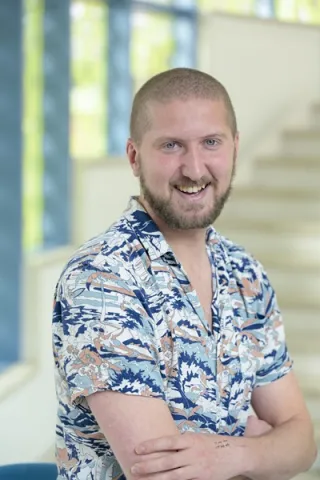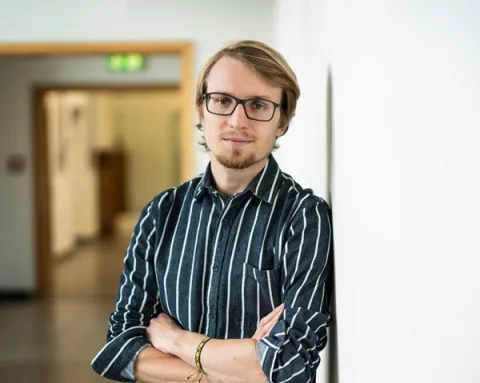About the project
Controlling molecular spin states remotely, for example with light, is key to enabling next generation quantum sensing and computing technologies. This project will focus on the synthesis and characterisation of novel all organic photoswitches that will enable control over radical persistence and/or dynamic spin state interactions.
Molecular photoswitches undergo reversible structural changes in response to light and are the cornerstone of many stimuli responsive materials. Whilst they have found a range of applications in biomedical and material fields, their use in controlling spin-states is more limited.
The properties of organic photoswitches can be altered through judicious synthetic alterations, enabling access to tuneable half-lives, activation wavelengths, distances between positions and photostationary states.
Achieving such precise control over properties make all organic spin state photoswitches ideal candidates for the development of novel technologies including quantum sensing and as qubits for quantum computers. This strategy also circumvents the issues of conventional spin state switches, which are often based on toxic metal complexes, enabling the development of more environmentally benign technologies.
This project will use chemistry recently developed in the Williams group to synthesise novel photoswitches with tuneable properties which enable the control over the spin state using low energy (long wavelength) light. In doing so, You'll gain expertise in:
- organic synthesis
- photophysical characterisation
- quantum chemical calculations
- advanced NMR techniques
The project will be jointly supervised by Dr George Williams and Dr Karl Michael Ziems, who will support the experimental and theoretical aspects respectively.

